Waipā councillors have voted three of their colleagues out of a job in a move mayor Susan O’Regan says will result in better governance.
But Roger Gordon, Philip Coles and Mike Pettit remain unconvinced and voted this week against the proposal to slash elected members’ numbers down from 11 to eight.
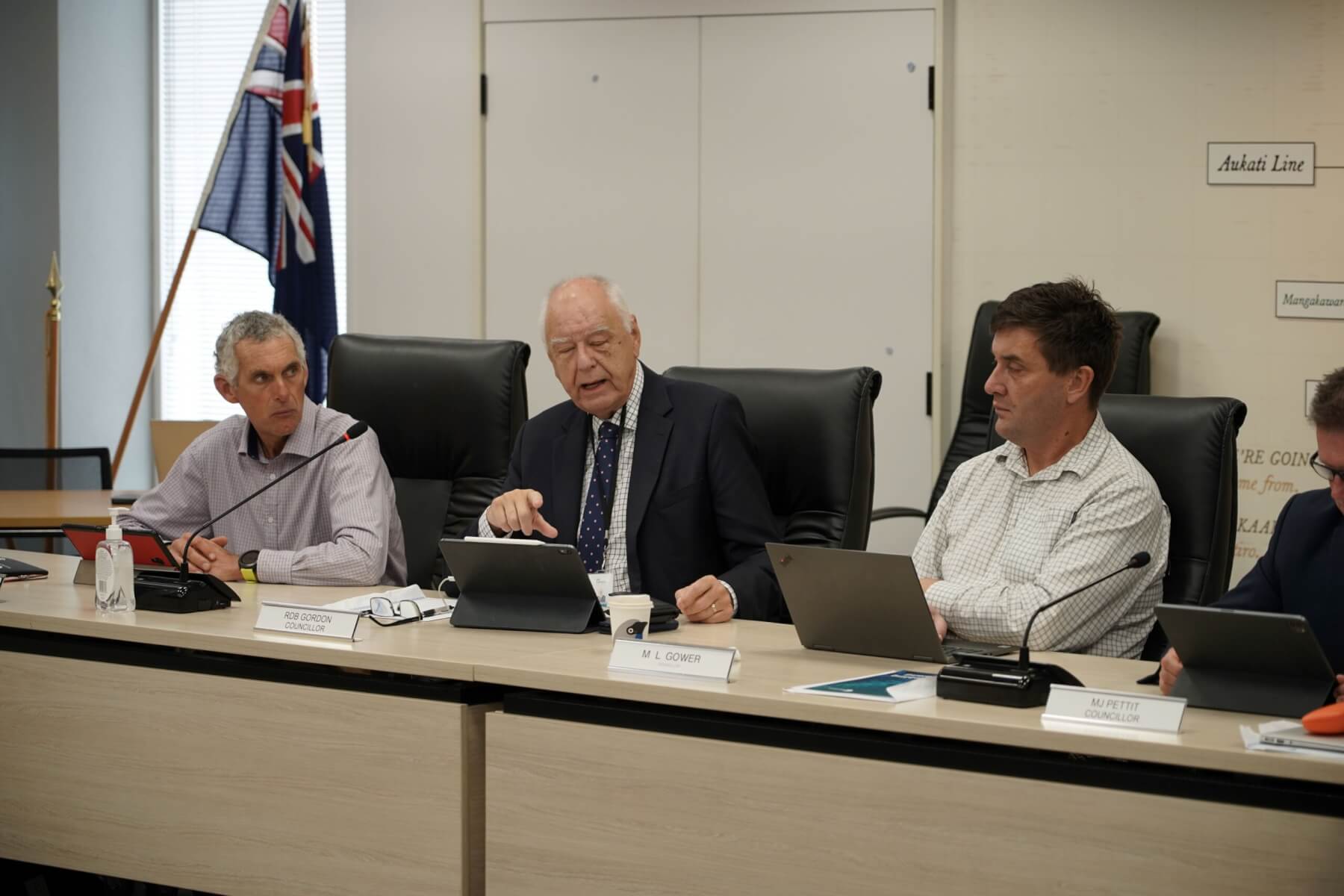
Councillors, from left Philip Coles, Roger Gordon, Marcus Gower and Mike Pettit (partially obscured)
Pettit told the Finance and Corporate committee meeting this week it was unlikely he would meet the new criteria required of councillors – skill, diverseness and time commitment –and would probably not stand for re-election next year. He is principal at Cambridge Primary School.
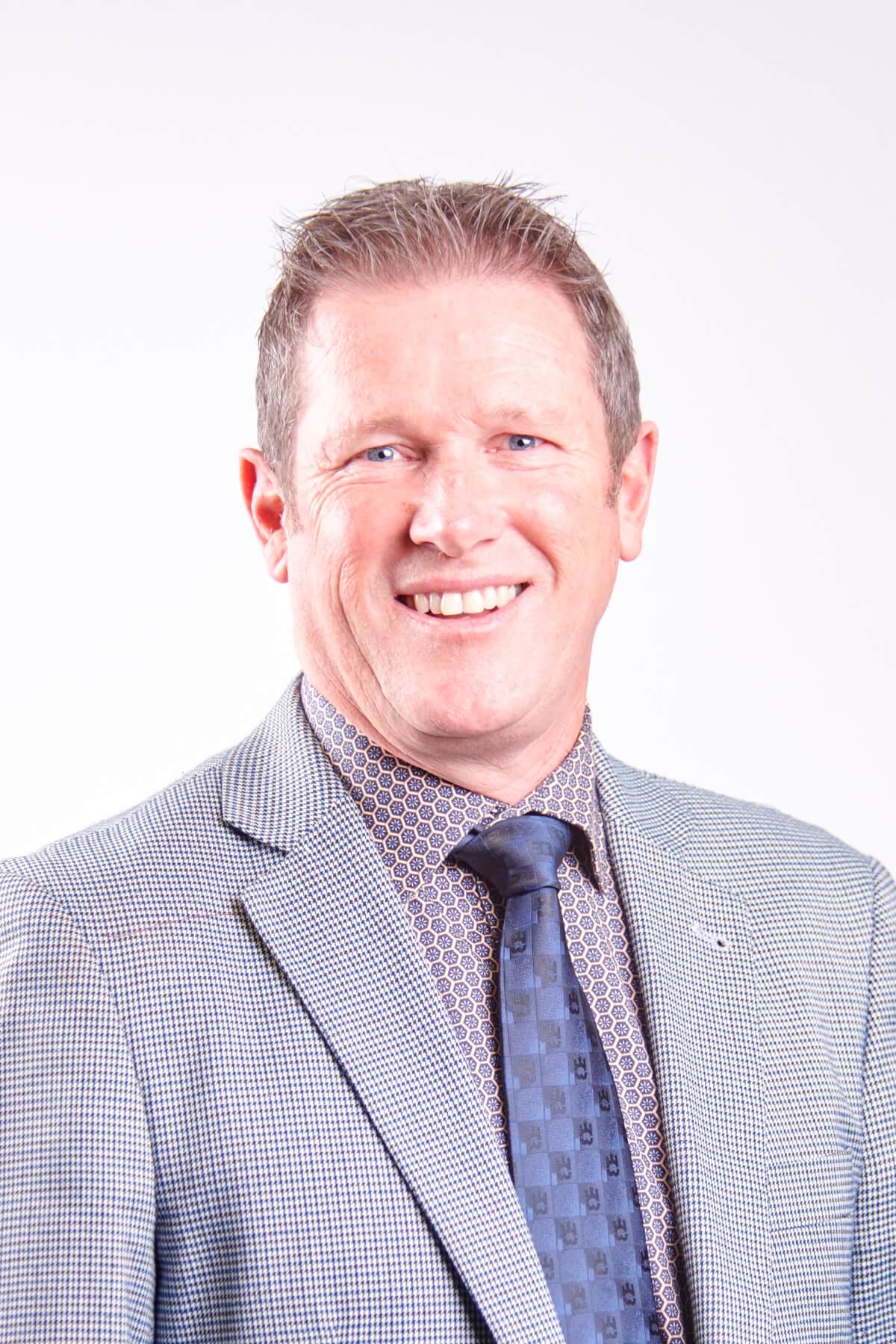
Mike Pettit
The proposal to divide the district into four wards – Cambridge, Te Awamutu-Kihikihi, rural and Māori – will now go out to consultation by the community.
Feedback closes on September 5 and a final decision will be made by council the following day.
Under the proposal there would be three councillors in the Cambridge ward, which would include Karāpiro and its 190 electors who are now in the Maungatautari ward.
ElectionNZ’s Stephen Hill said the decision to bring 78 Karāpiro properties into Cambridge passed the fair representation community of interest requirement under the Local Government Act.
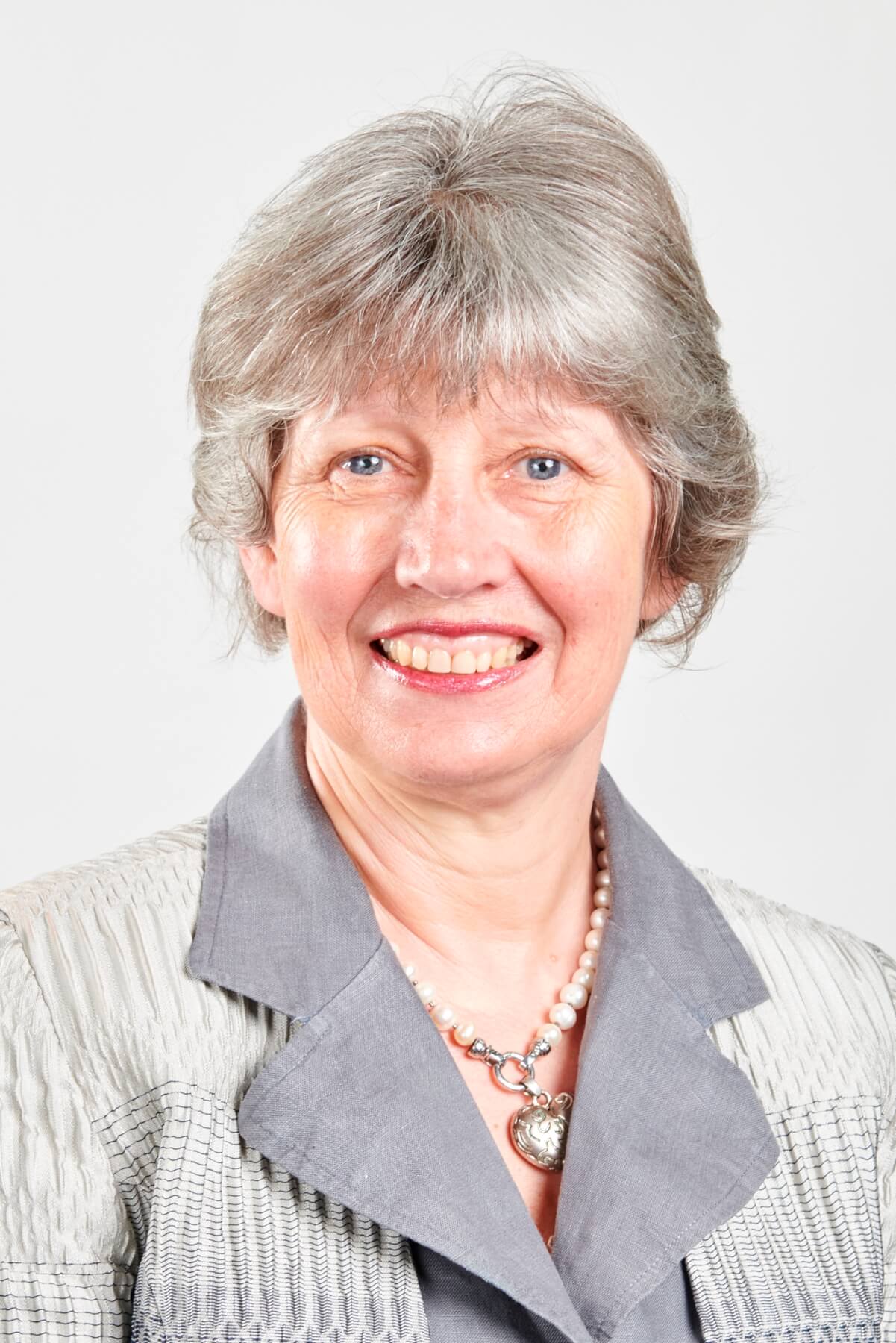
Clare St Pierre
Te Awamutu-Kihikihi would have two councillors while a new rural ward taking in Ngāhinapōuri, Pirongia, Ōhaupō, Kakepuku and Maungatautari would also have two elected members.
The Māori ward would have one councillor elected across the district, but the future of that ward remains uncertain pending the outcome of the Māori Wards and Māori Constituencies Amendment Bill which went through its third reading in Parliament this week.
If the bill is adopted, council would have to decide whether to scrap the ward or have a referendum at next year’s local body elections.
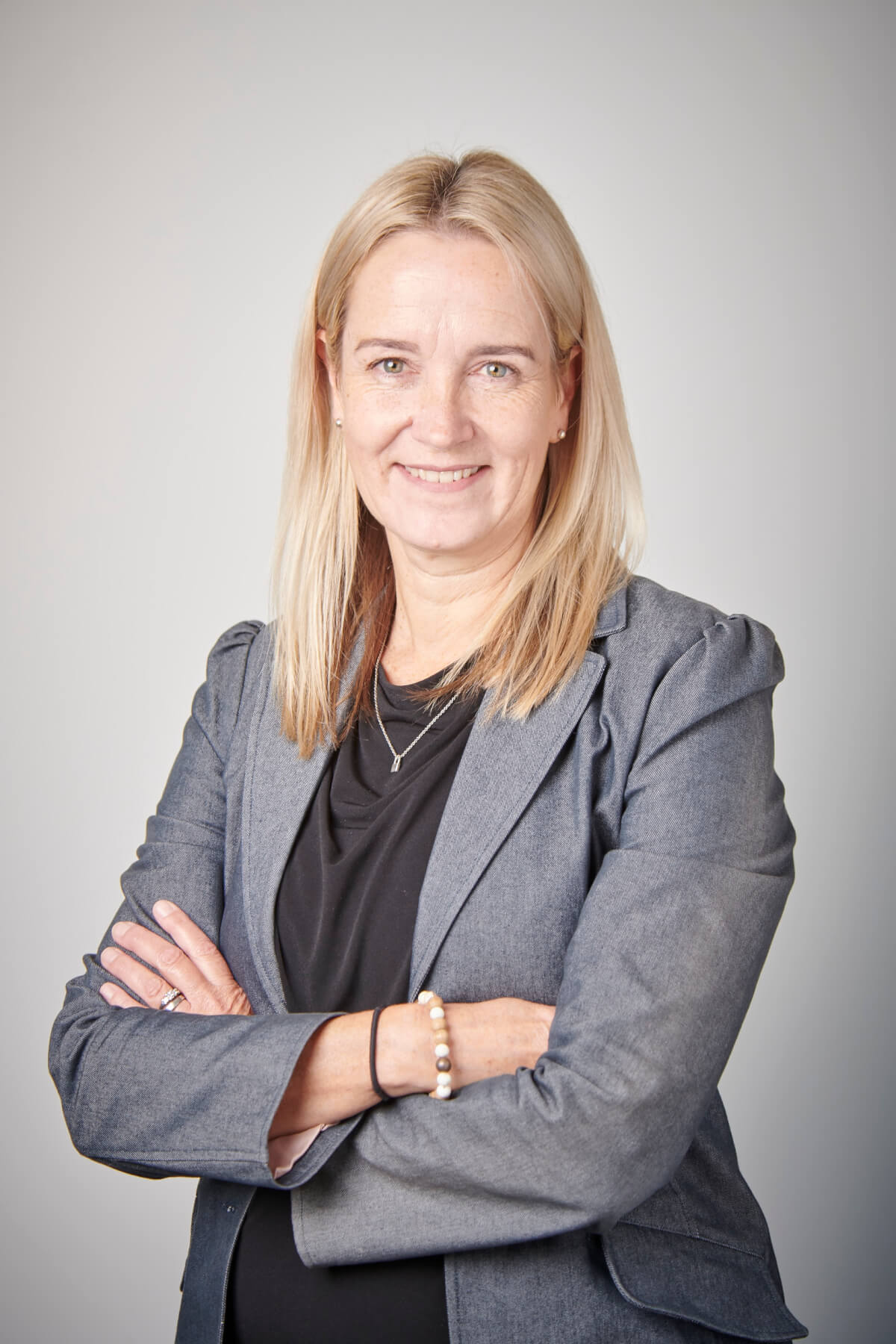
Susan O’Regan
The decision was a victory for O’Regan who had championed a representation review.
She argued the days of part time councillors spending a day a week on council business had long since passed.
There would be minor boundary changes to the two community boards in Cambridge and Te Awamutu and those members would provide the on-the-ground representation needed.
Cr Clare St Pierre, while voting for the proposal, said she was disappointed to see one rural ward instead of two.
“I acknowledge the work and the leadership mayor Susan has shown. I’ve been swayed by the comments, it will be useful to consult on it,” she said.
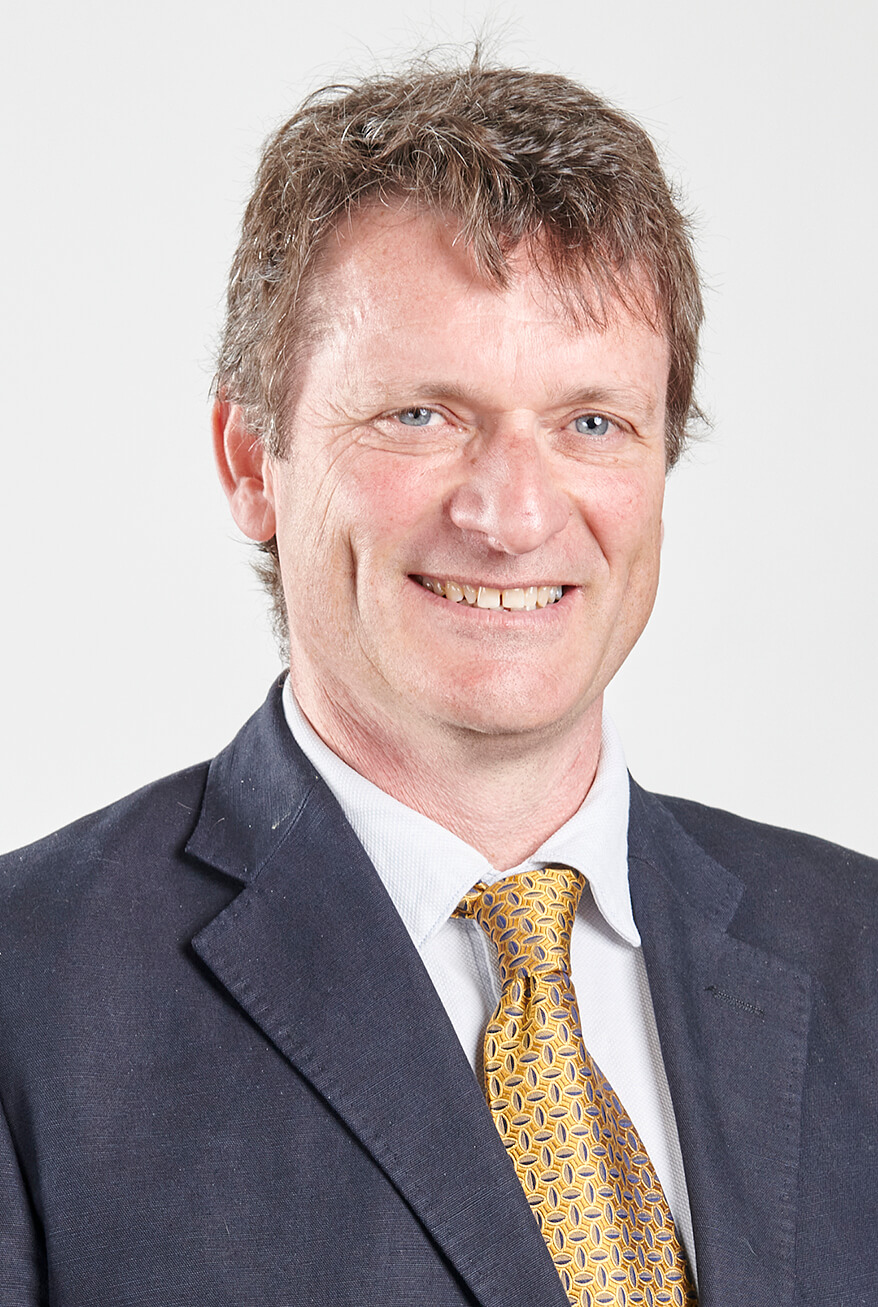
Mike Montgomerie
Cr Roger Gordon said there was a risk the ward representation structure would not fairly represent the population distribution. Votes would have greater weight from the west of the district.
“It’s a risk factor we need to assess.”
The council is required to use June 2023 population estimates rather than the final Census numbers. That means there could be more people in the Cambridge ward.
“We have to work with the statistics in front of us,” said Hill.
Cr Mike Montgomerie – who voted in favour of the proposal saying O’Regan’s argument had convinced him – said it was possible the two rural members would come from the west of the district, leaving Maungatautari without a councillor.
“I have found it quite difficult. I can see arguments both ways. The structure we have is quite reasonable.”
But he said he was always keen on improving performance at the council table and a smaller group could be an improvement.
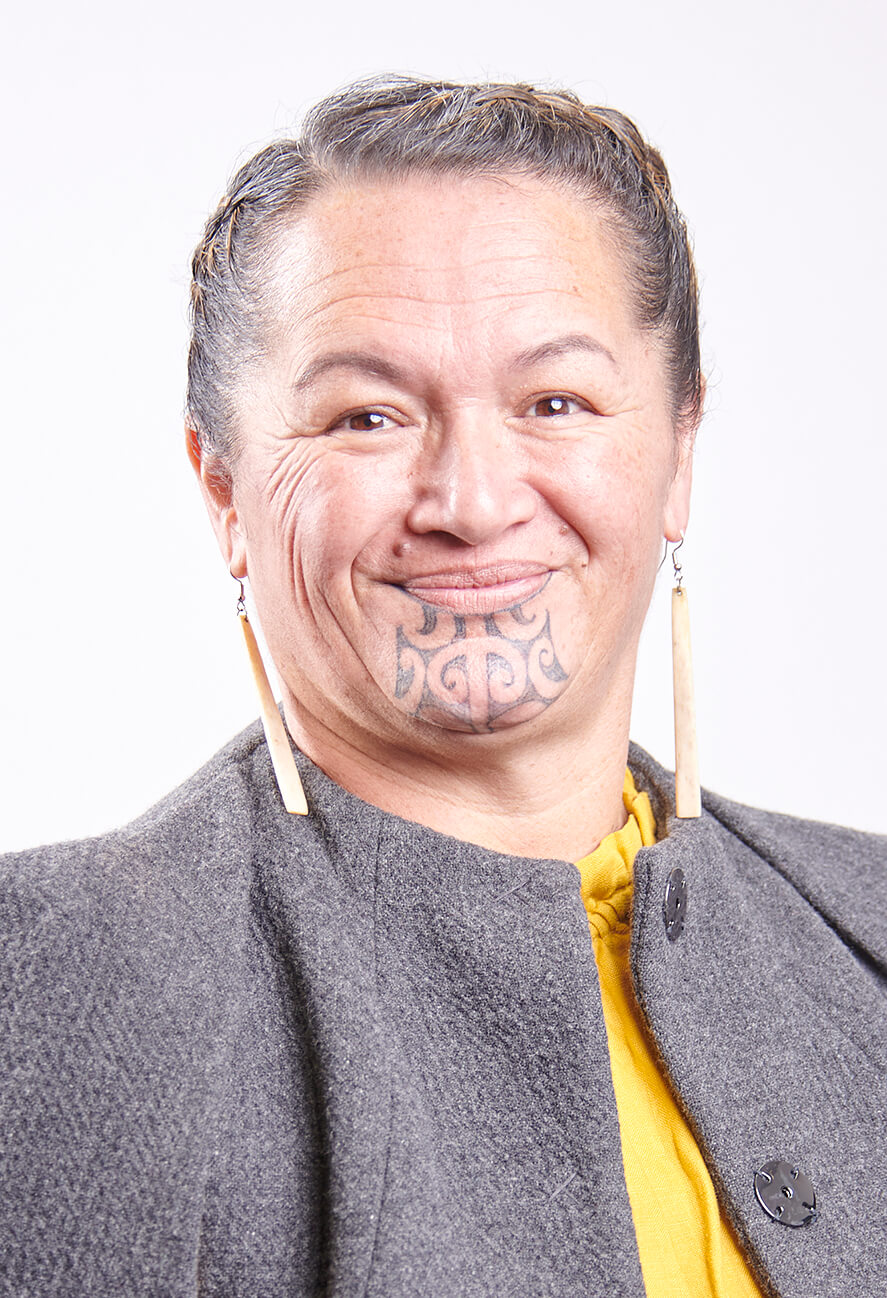
Dale-Maree Morgan
Cr Dale-Maree Morgan said there were many in the Waipā community who did not feel they were being listened to. Taking the proposal out for consultation gave them the opportunity to have their say.
“Let’s get people talking about what they want.”
O’Regan is part of a Local Government New Zealand working group looking at ways to improve voter turnout.
Within Waipā, there would be ways to work better as a team and take on professional development opportunities.
“This isn’t a one hit wonder. (It is) part of a bigger piece of doing better. That’s the context I wanted to place the discussion.”
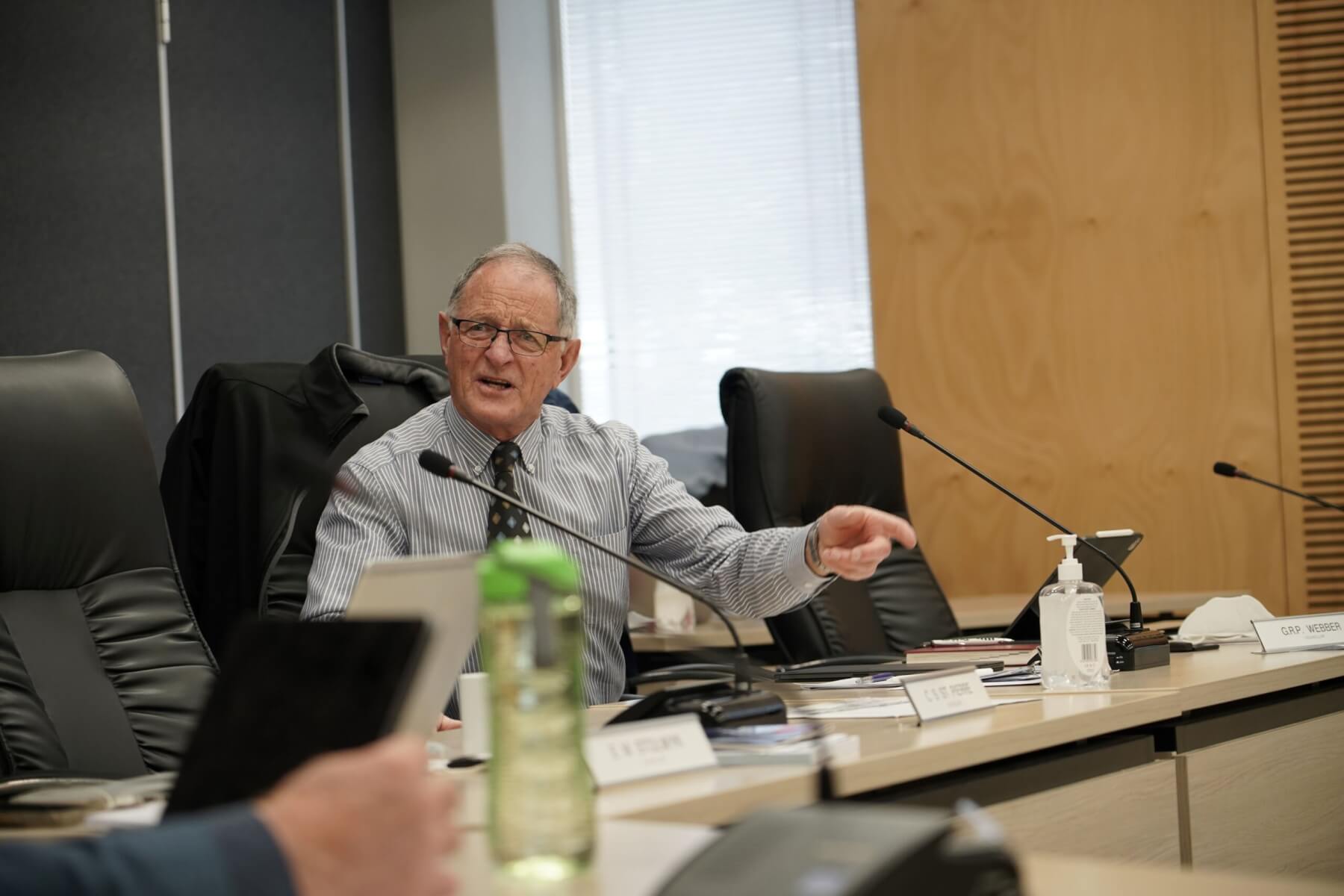
Cr Bruce Thomas
Acting finance chair Bruce Thomas said he was concerned about how to engage with people.
Communications and engagement manager Lisa Nairne said while earlier consultation may have seemed disappointing – only 59 people fed back – there were more than 1500 clicks to the council website. “They just weren’t taking it to the feedback process,” she said.
Councillors Andrew Brown and Lou Brown of Te Awamutu were not at the meeting. Their previous comments suggest the vote was likely to have been 7-5 rather than 7-3, but still a majority.
Meanwhile Waikato regional councillors have voted to change the Waihou and Thames-Coromandel constituency boundaries. Population statistics indicated non-compliance with fair representation guidelines in Waihou which will now include the Waihi and Paeroa rural areas – currently in the Thames-Coromandel constituency.








